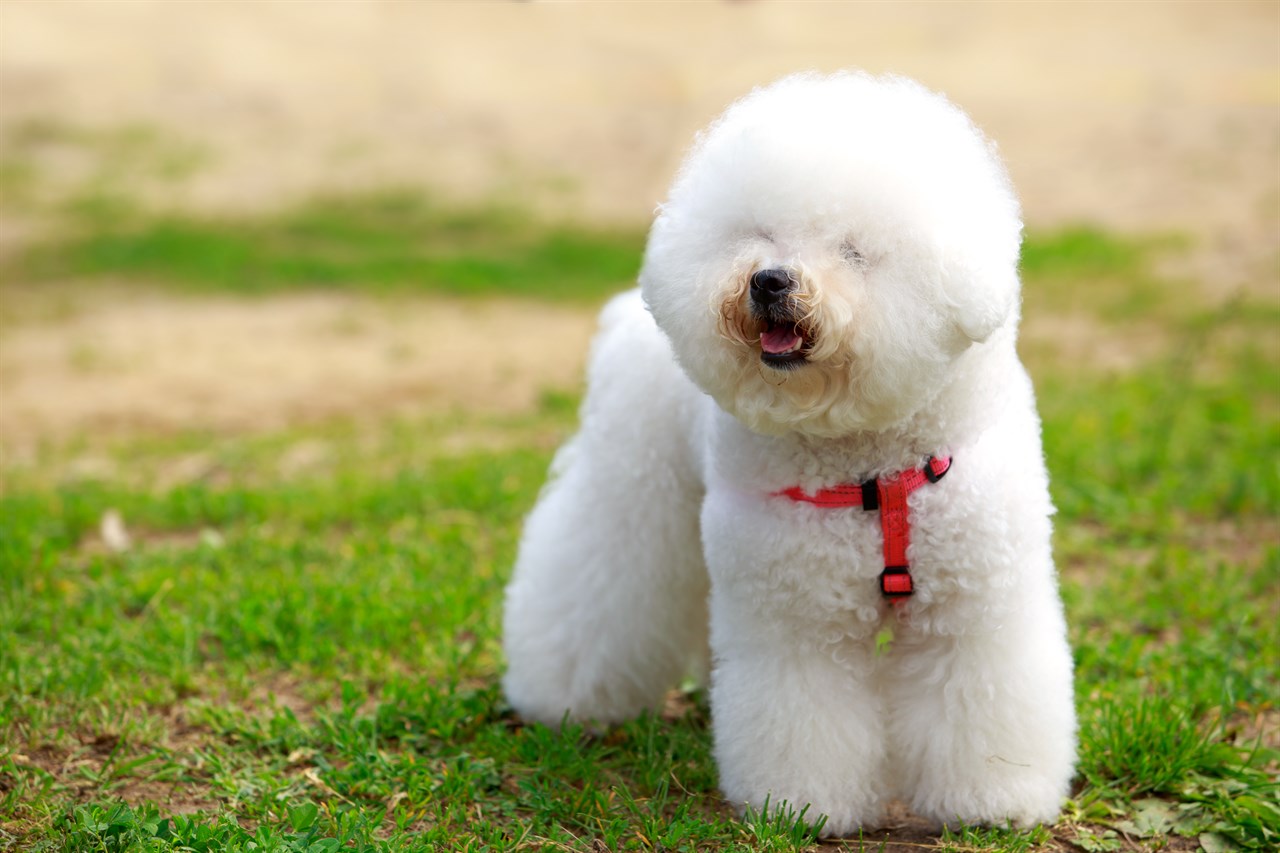Feeding Habits and Food Requirements of the Bichon Frise

Maintaining a balanced and nutritious diet is crucial for the health and well-being of your Bichon Frise. This breed, like many small dogs, has unique dietary needs and feeding habits that should be considered to ensure they lead a healthy and happy life. Here's a detailed look at the feeding habits and food requirements of the Bichon Frise:
Age-Appropriate Feeding
Bichon Frise puppies require a specialised puppy food that supports their growth and development. As they age, their dietary needs change, so it's essential to transition them to adult dog food at the appropriate time. Senior Bichon Frises may also benefit from senior-specific dog food.
Portion Control
Bichon Frises are small dogs, and portion control is critical to prevent overfeeding. Be mindful of portion sizes and avoid overfeeding to prevent obesity, a common issue in this breed.
Feeding Schedule
Establish a regular feeding schedule for your Bichon Frise. Feeding them at the same times each day helps regulate their digestion and makes it easier to monitor their food intake.
High-Quality Dog Food
Choose a high-quality commercial dog food that meets the nutritional standards established by recognised pet food authorities. Look for options that contain real meat as the primary ingredient and avoid foods with excessive fillers and artificial additives.
Wet vs. Dry Food
Bichon Frises can be fed either wet or dry dog food, or a combination of both. Some owners prefer wet food for its moisture content, while others opt for dry kibble for its convenience and dental benefits. Consult with your veterinarian to determine the best option for your specific dog.
Avoid Human Food
Avoid feeding your Bichon Frise human food, especially items that are toxic to dogs like chocolate, onions, grapes, and certain nuts. Stick to a well-balanced dog food diet to ensure they receive the necessary nutrients.
Fresh Water
Ensure your Bichon Frise has access to fresh, clean water at all times. Proper hydration is essential for overall health.
Treats and Snacks
Be mindful of treat and snack intake. Treats should be given in moderation and not account for a significant portion of their daily calorie intake.
Dietary Restrictions
Some Bichon Frises may have dietary restrictions or allergies, so it's important to pay attention to any adverse reactions to certain foods. Consult with your veterinarian if you suspect food allergies or sensitivities.
Weight Management
Bichon Frises are prone to obesity, which can lead to various health problems. Regularly monitor their weight, adjust their portion sizes as needed, and consult with your vet forguidance on weight management.
Transitioning Foods
When switching your Bichon Frise to a new brand or type of dog food, do so gradually over a week or so to prevent digestive upset. Mix a small amount of the new food with their current food and gradually increase the proportion of the new food.
Consult Your Veterinarian
Consult with your veterinarian to determine the specific dietary needs of your Bichon Frise, taking into account factors such as age, activity level, and any underlying health conditions.
In conclusion, providing your Bichon Frise with a balanced diet, proper portion control, and regular access to fresh water is essential for their overall health and well-being. Establishing healthy feeding habits and consulting with your veterinarian can help ensure that your Bichon Frise receives the right nutrition to thrive throughout their life.
Bichon Frise puppies for sale
- Find Bichon Frise puppies for sale in ACT
- Find Bichon Frise puppies for sale in NSW
- Find Bichon Frise puppies for sale in NT
- Find Bichon Frise puppies for sale in QLD
- Find Bichon Frise puppies for sale in SA
- Find Bichon Frise puppies for sale in TAS
- Find Bichon Frise puppies for sale in VIC
- Find Bichon Frise puppies for sale in WA